The ultra-endurance cycling challenge "London-Athens on 2 wheels - Bring them back" in its second year, began at 5 am on Saturday 05 August, outside the British Museum gates.
Cycling heroes: Vasiliki Voutzali (Greece), Steffen Streich (Germany & Greece), Christopher Ross Bennett (New Zealand), Paul Alderson (UK), and Dionisis Kartsambas (Greece), set off to cycle 3,500 kms to reach the Acropolis Museum in Athens.
Catch up on their daily challenges, the highs and lows by visiting their facebook page .
Before leaving, the BCRPM's Christopher Stockdale, Marlen and Tony Godwin, met with the cyclists in Room 18. Christopher presented a copy of his book 'Simming with Hero' to Vasiliki.
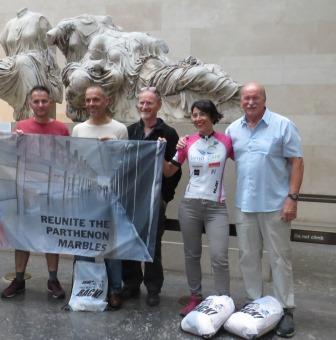
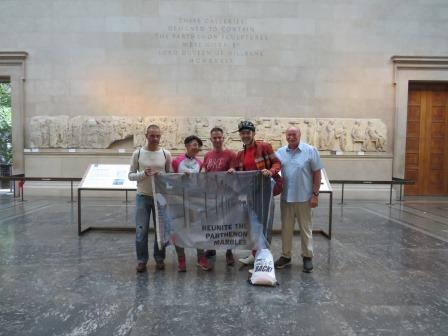
In Room 18 meeting Christopher Stockdale, the first person to cycle from the British Museum to the Acropolis Museum in 2005.
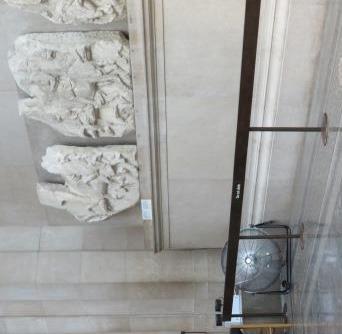
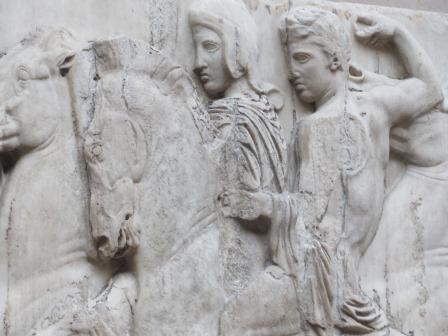
Fans in each corner of Room 18, trying to circulate the warm air.
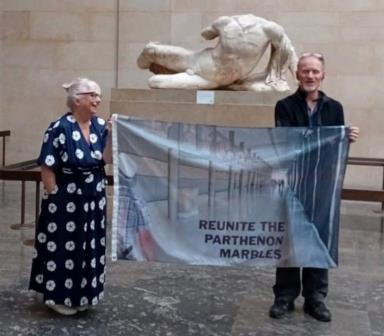
A flag that has been used in Room 18 sine the opening of the Acropolis Museum in 2005, shows the tip floor Parthenon Gallery of the Acropolis Museum , where the surviving halves of the sculptures not removed by Lord Elgin are displayed the right way round and with views to the Parthenon.
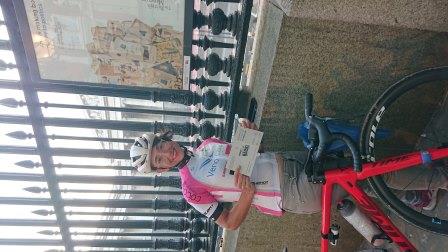
Vasiliki with a little help adds a few stickers outside the BM.
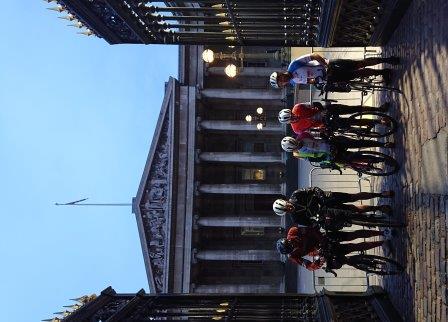
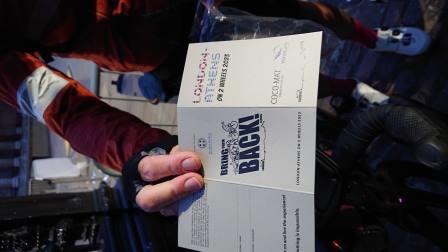
August, 05 at 5 am outside the British Museum gates, five cyclists begin a journey , an endurance journey in the hope that their efforts will add more pressure to the British Museum to reunite the Parthenon Marbles. The cyclists: Vasilki Voutzali (Greece), Steffen Streich (Germany & Greece), Christopher Ross Bennett (New Zealand), Paul Alderson (UK), and Dionisis Kartsambas (Greece) are making history too.
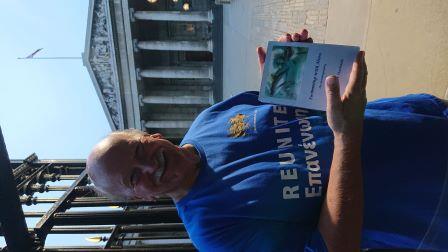
Christopher Stockdale, a retired GP from Solihull, and member of BCRPM swam for the marbles (2000 from Delos to Paros) and cycled in 2005. He admits cyclist was out of his comfort zone but the campaign for the reunification of the Parthenon Marbles is very much in Christopher's heart, although he was devastated not to be able to join the cyclists on this day.
This year the cyclists selected a number of segments along the route, stopping in Lille, France on their first night as the UK weather was a heady mixture of strong winds and heavy rains. Their first stop on day 2 was their intended first segment stop, Mons in Belgium.
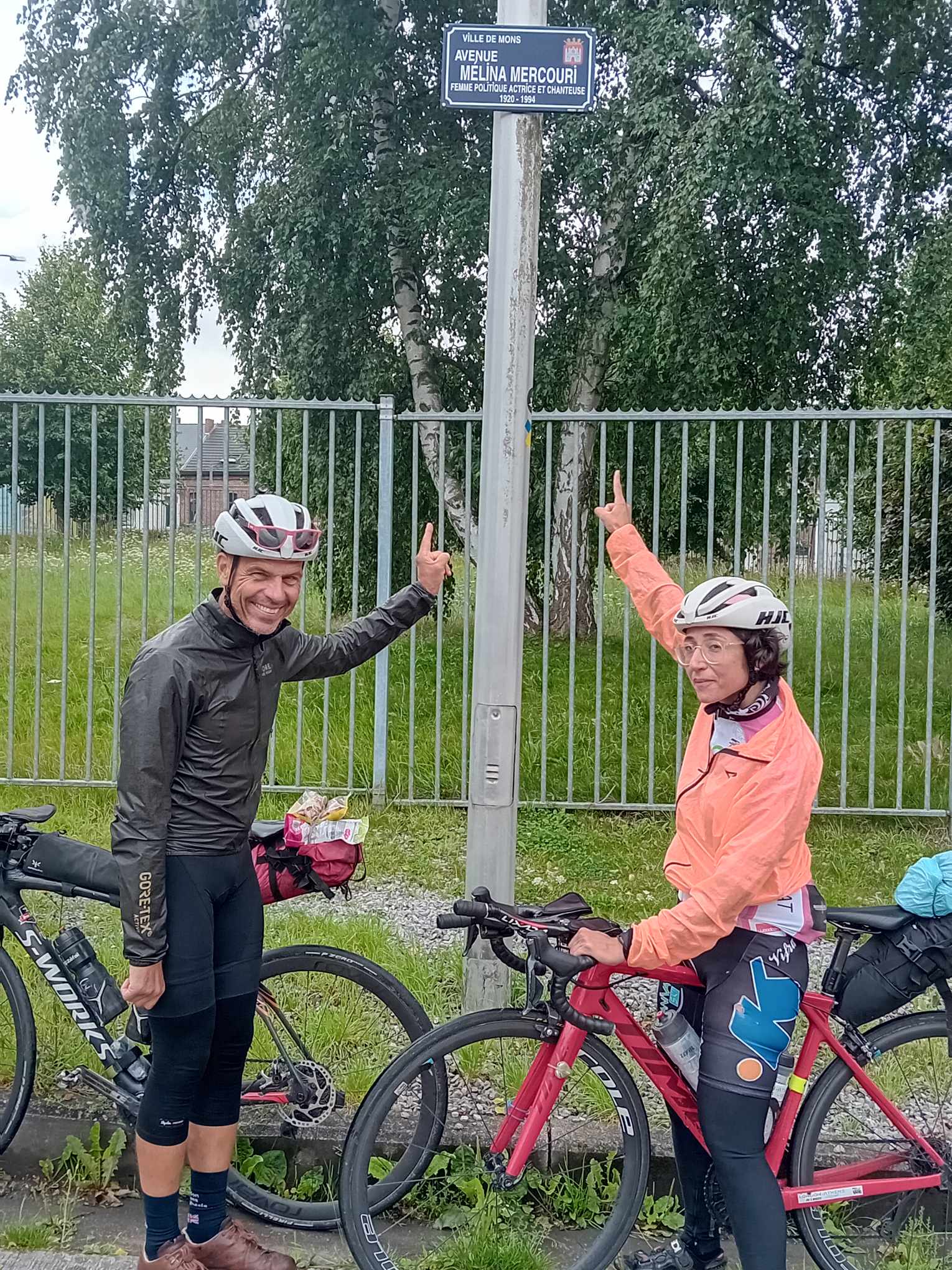
Steffen and Vasiliki in Mons and.... at the Melina Mercouri St.

As Paul heads back to UK, Christopher carries on with Vasiliki, Steffen and Dionisis to Germany
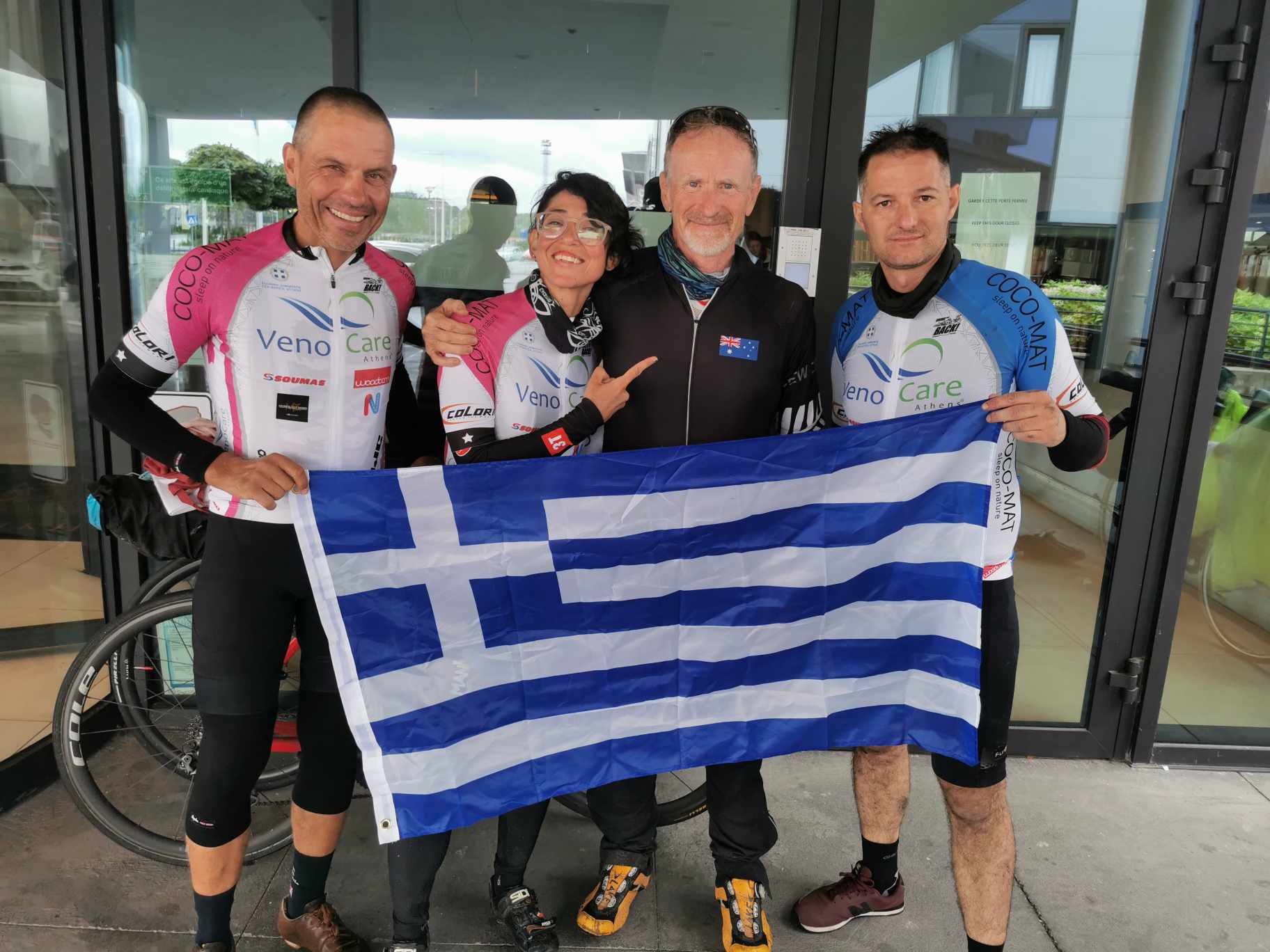
Fom Belgium to Munich in Germany, and to Budapest in Hungary, segments 2 & 3

Bici Bavarese | Vintage & Moderne Rennräder in München


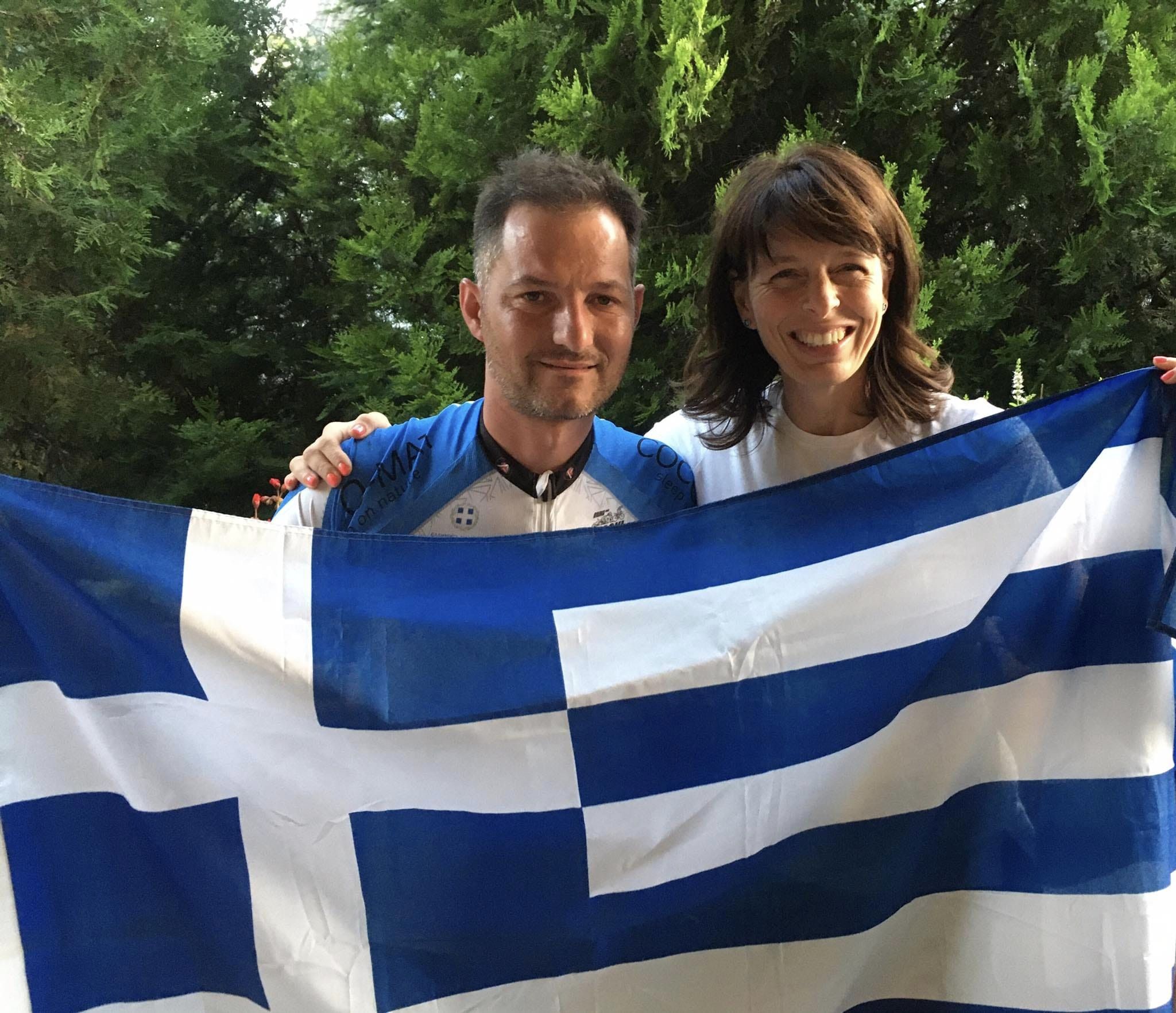
A warm welcome in Budapest!
From Hungary to Serbia and North Macedonia, arriving in Kastoria and Trikala.
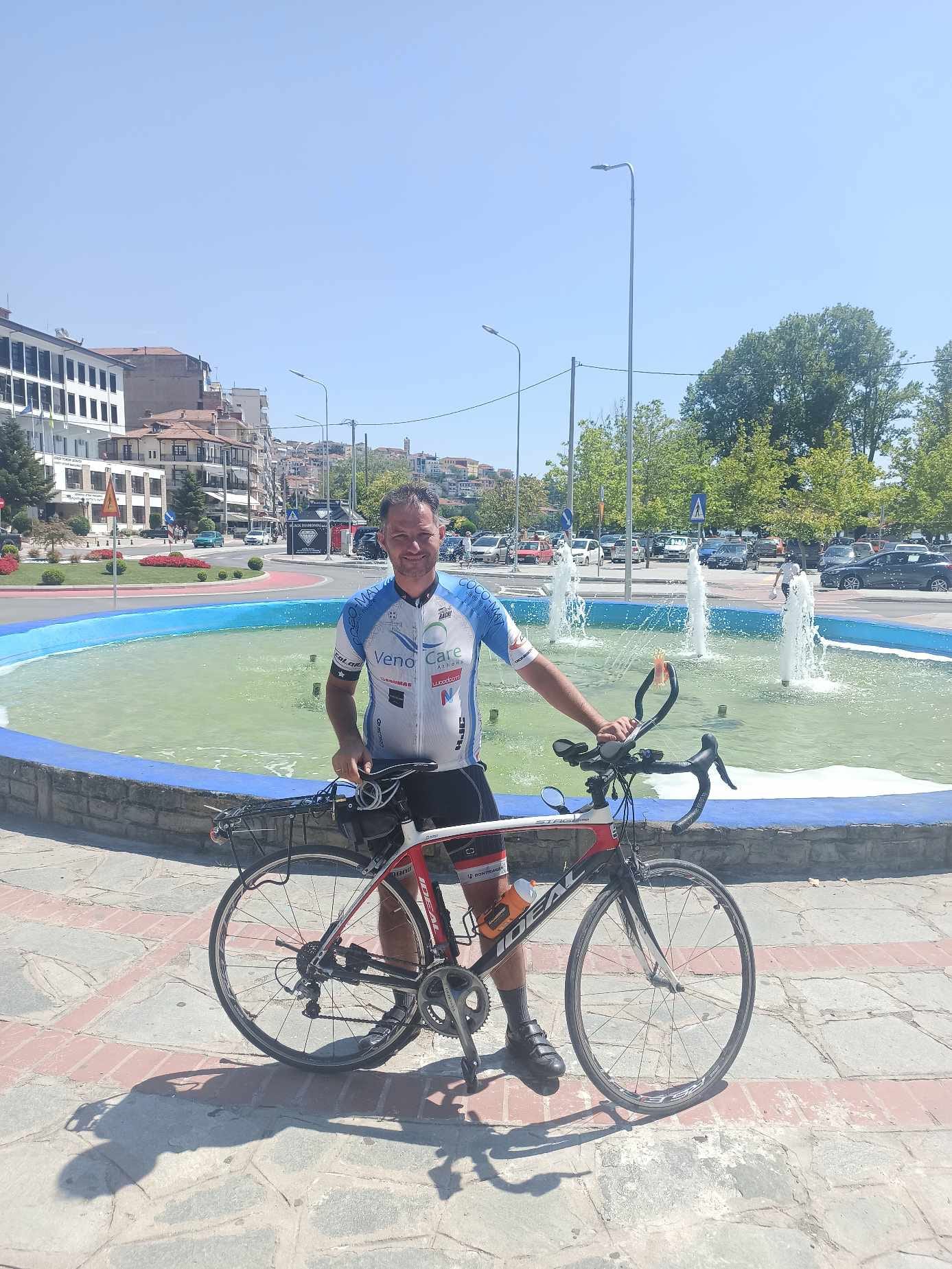
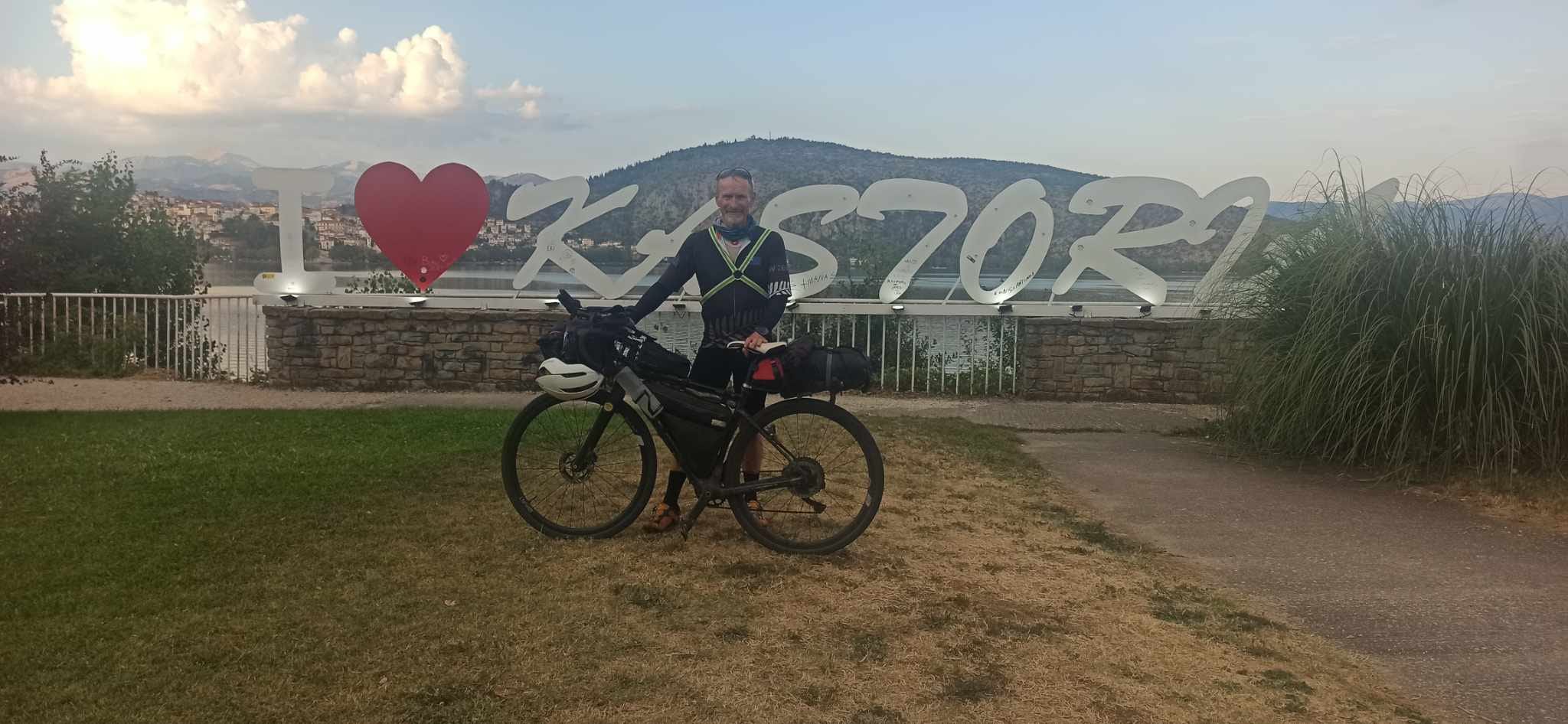
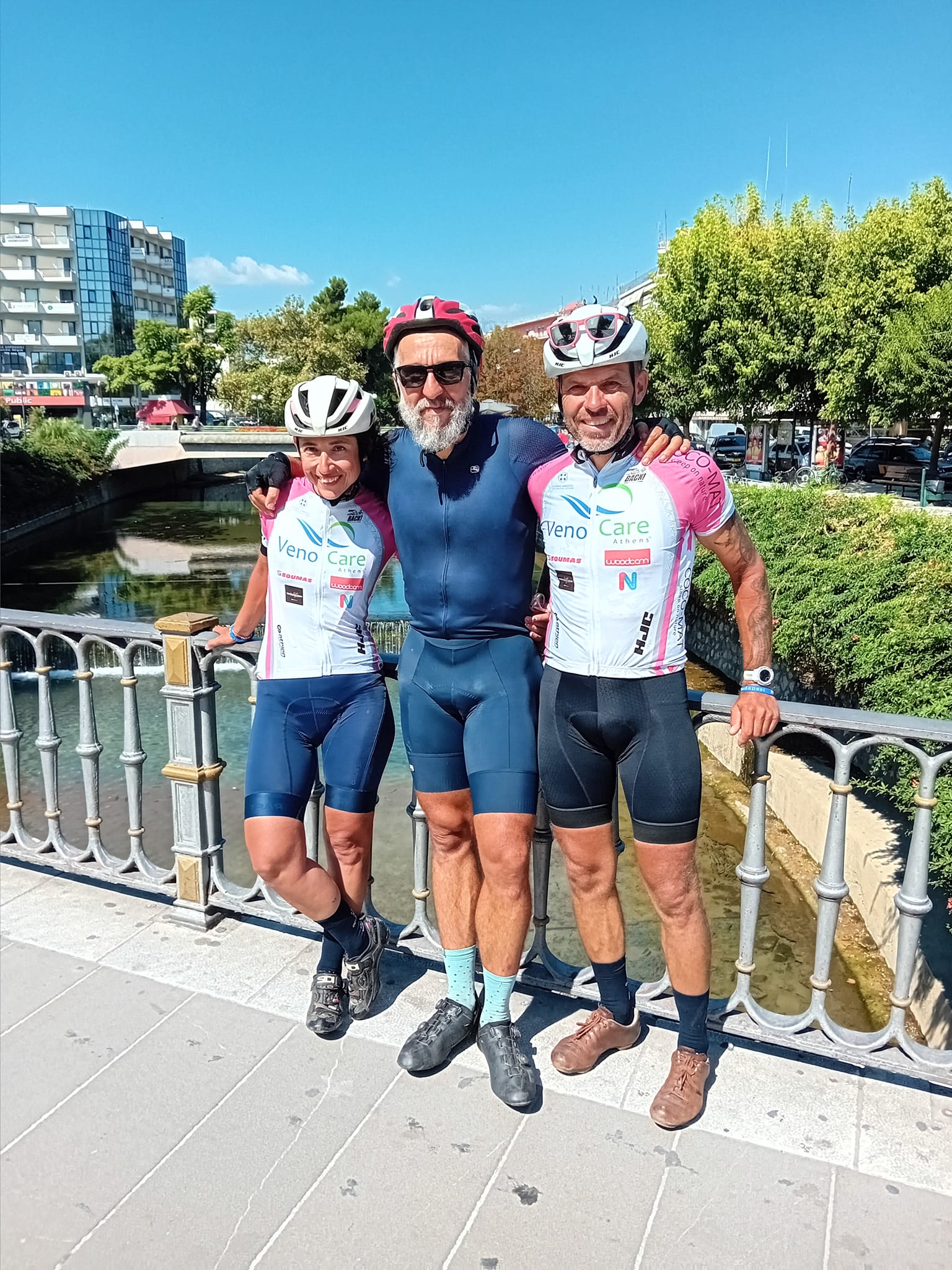
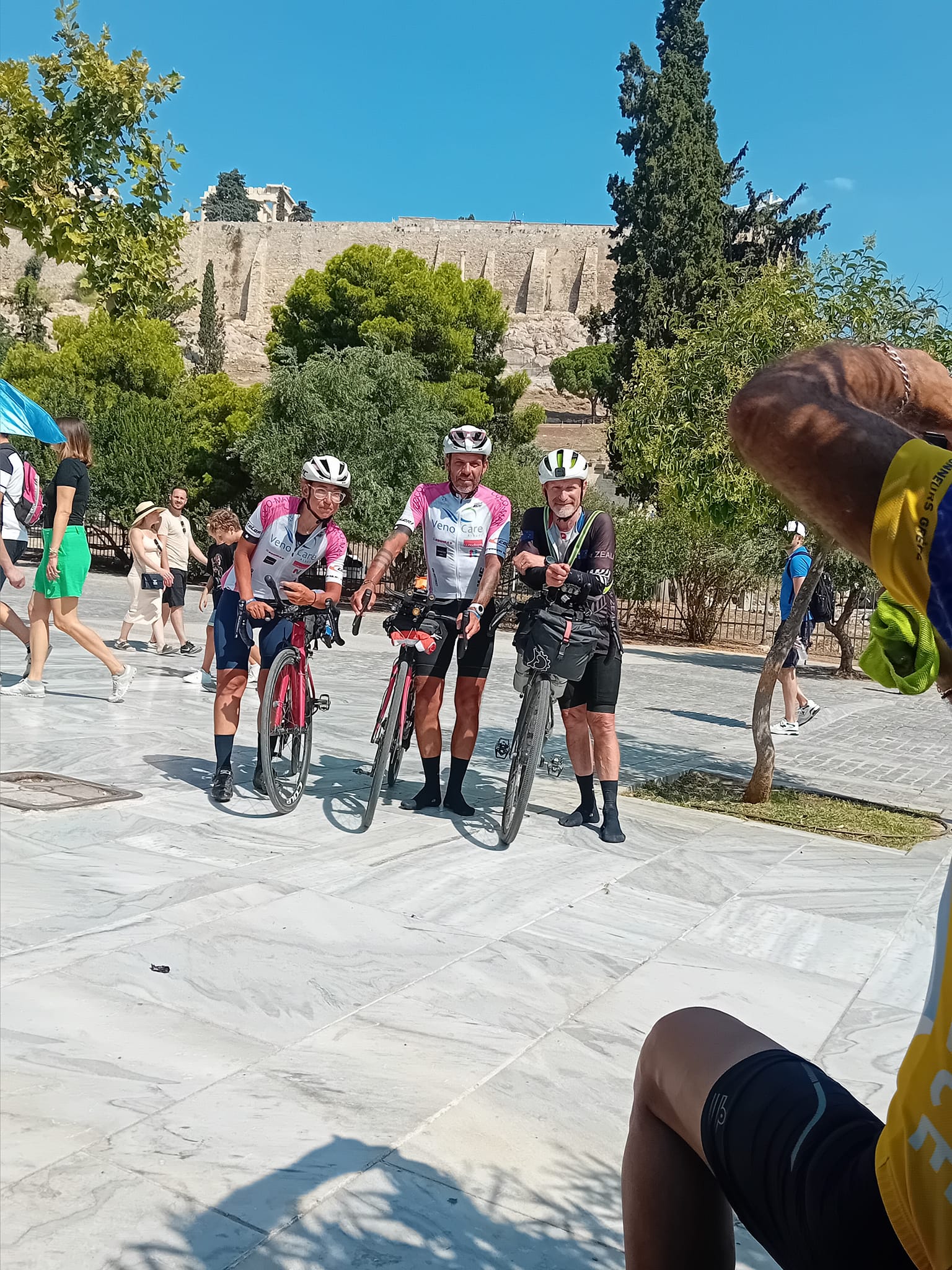
Athens, today 17 August, just 12 days from that cold, wet and windy 5th of August outside the British Museum. Christopher's time was 12 days, 3 hours and 18 minutes. We await the arrival of Dionisis tomorrow with a welcome from the Melina Mercouri Foundation, and a visit to the Acropolis Museum.